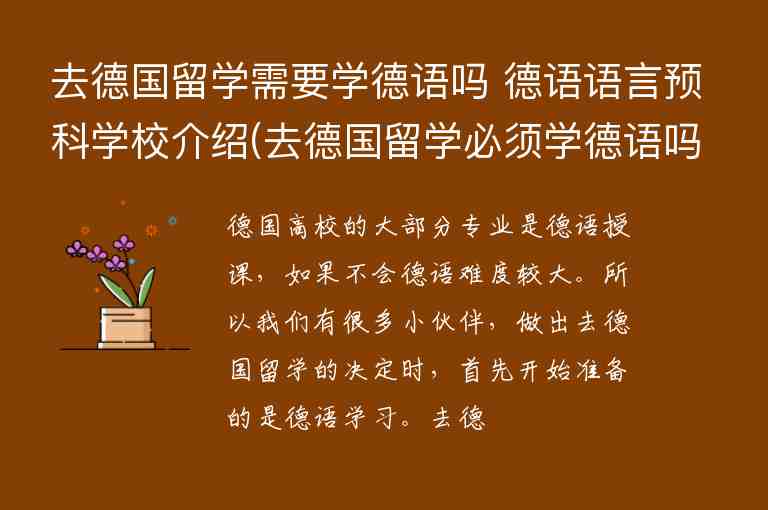accusation [ækyuːˈzeɪʃn]
n. 指控,控告,谴责
用法:
accusation是一个名词,表示指控、控告或谴责的意思。它可以用来指责某人犯下的错误或罪行,也可以表示对某件事情的谴责。
例句:
1. The accusation against the suspect was dropped due to lack of evidence.
(由于缺乏证据,对嫌疑人的指控被撤销了。)
2. She made a false accusation against her colleague, causing a lot of trouble in the office.
(她对同事做出了虚假指控,给办公室带来了很多麻烦。)
3. The politician denied the accusations of corruption and promised to clear his name.
(这位家否认了的指控,并承诺要洗清自己的名誉。)
4. The company faced accusations of exploiting its workers and violating labor laws.
(这家公司面临剥削员工和违反劳动法的指责。)
5. He couldn't bear the constant accusations from his wife and decided to file for divorce.
(他无法忍受妻子不断地指责,决定要离婚。)
同义词及用法:
1. Allegation [ˌæləˈgeɪʃn] n. 指称,陈述,断言
allegation也是指控的意思,与accusation的用法和含义相似。但是allegation更多地强调的是一种指称或断言,而不一定有实质性的证据。
例句:The allegation of fraud against the company was proven to be true after a thorough investigation.
(经过彻底调查,对这家公司的欺诈指控被证明是真实的。)
2. Charge [tʃɑːrdʒ] n. 控告,指控,费用
charge也可以表示指控或控告,但它还有其他含义。它可以表示正式提出某项罪名或指责,也可以表示要求某人为某件事情负责。
例句:The police decided to drop the charges against the suspect due to lack of evidence.
(由于缺乏证据,决定撤销对嫌疑人的指控。)
3. Blame [bleɪm] v. 责备,谴责
blame也可以表示谴责或责备的意思。与accusation不同的是,blame更多地强调对某人或某件事情的责备和批评。
例句:She blamed her son's bad behavior on his friends' influence.
(她把儿子不良行为归咎于他朋友的影响。)
编辑总结:
accusation是一个常用的词汇,它可以表示指控、控告或谴责的意思。在使用时,需要注意区分其与其他近义词的用法和含义。同时,在写作中也要注意使用合适的同义词来丰富语言表达,避免重复使用同一个词汇。



